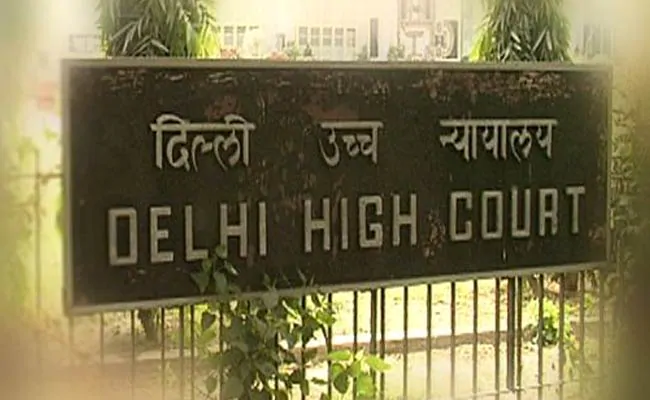
The Delhi High Court in the case Chabbras Associates vs M/s Hscc (India) Ltd and Anr. observed and has rejected the contention presented by Respondent, that the unilateral appointment of the arbitrator made in accordance with the contract cannot be challenged and the only option which is being available to the petitioner is to challenge the mandate of the arbitrator. The single bench of Justice Dinesh Kumar Sharma in the case observed and has emphasized that the unilateral appointment of an arbitrator as stipulated in Clause 25 of the GCC was inherently and blatantly unlawful.
Facts of the Case:
The Petitioner filed an application under Section 11 of the Arbitration and Conciliation Act, 1996, the Arbitration Act, wherein seeking the appointment of a sole arbitrator to resolve disputes arising from the premature termination of a work order, assigned to the Petitioner by Respondent no.1.
The work order included construction for the Director’s Residence and Residential Quarters for NIAB, with the arbitration clause outlined in Clause 25 of the GCC. Therefore, the Petitioner approached the Delhi High Court, High Court, wherein seeking arbitrator appointment but was directed to exhaust dispute resolution mechanisms in the work agreement or GCC. The Petitioner seek resolution from Respondent No.2, the appealing authority, who rejected the claims on June 14, 2023.The Petitioner, having exhausted all remedies, formally requested the appointment of a fair, neutral, and unbiased arbitrator as per Clause 25 of GCC.
On the other hand, the Respondent no.2 unilaterally appointed Sole Arbitrator without the Petitioner’s concurrence. Further, the Petitioner argued that this appointment violated principles of neutrality, independence, and impartiality.
The respondent argued before the court that the arbitrator’s appointment aligned with the arbitration agreement and, since the Petitioner did not challenge the mandate, thus, the petition should be dismissed.
Observations Made by High Court:
The High Court in the case observed and has held that it is a well-established legal principle that an arbitration agreement allowing only one party the exclusive right to appoint an arbitrator is inherently flawed and contrary to legislative intent.
The court also referred to the Supreme Court decision in the case Perkins Eastman Architect DPC and Anr. vs. HSCC, wherein the High Court held that that the unilateral appointment of an arbitrator is invalid. It firmly held that the provision in Clause 25 of the GCC, empowering unilateral appointment, is vitiated.
The court while rejecting the contentions of the respondent that the appointment aligned with the contract and challenging the arbitrator’s mandate was the only recourse.
The High Court held that the unilateral appointment, as per Clause 25 of GCC, was legally flawed. The court stressed that allowing such illegality to persist merely because the petition was filed under Section 11 of the Arbitration Act, and not under Section 14 and Section 15, was not acceptable.
The High Court while considering the facts and circumstances of the case observed and has held that the arbitrator’s mandate shall cease to operate. The court appointed Justice Vipin Sanghi, Former Chief Justice, Uttarakhand High Court, as the sole arbitrator to adjudicate the disputes between the parties.
The counsel, Advocates Ms. Krishna Parkhani appeared for the Petitioner.
The counsel, Advocates Mr. Harshit Agarwal, Mr. Kamal Kumar and Mr. Baldev Singh represented the Respondent no.1 and respondent no.2.